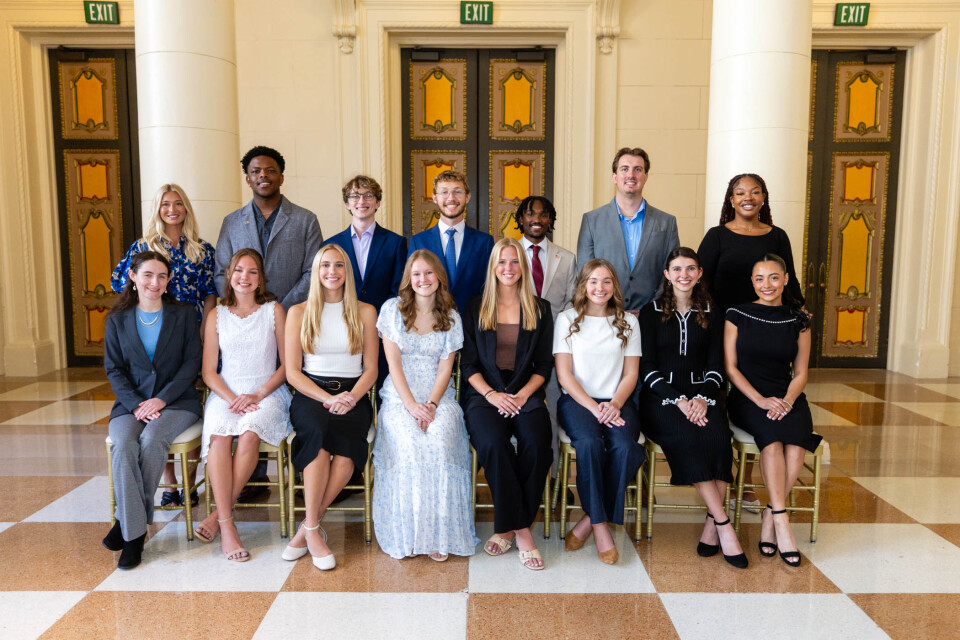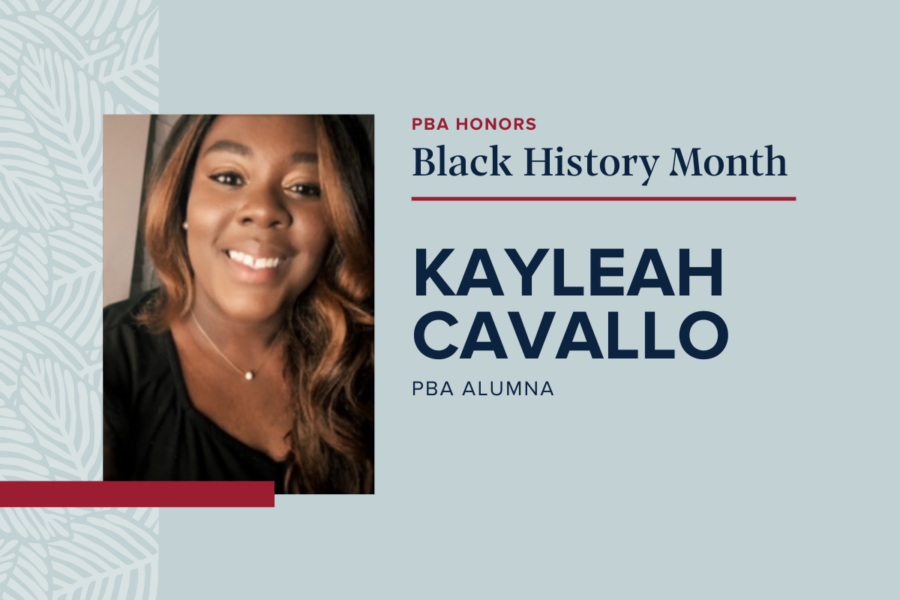

February 23 2026
Palm Beach Atlantic University Students Participate in the World Economic Forum in Davos, Switzerland
PBA News

February 20 2026
Palm Beach Atlantic University Honors 2026 Women of Distinction Hilary Geary Ross and Sarah McCann
PBA News
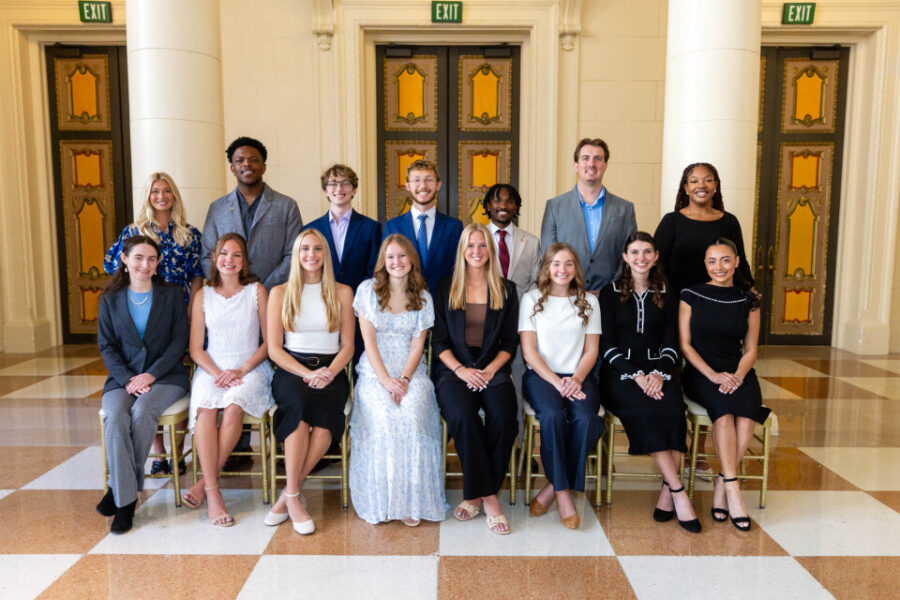
February 19 2026
17 Palm Beach Atlantic Students Earn Scholarships Supported by Women of Distinction Event
PBA News

February 18 2026
Honoring Leaders, Investing in Students: PBA Hosts 34th Women of Distinction Luncheon
PBA News
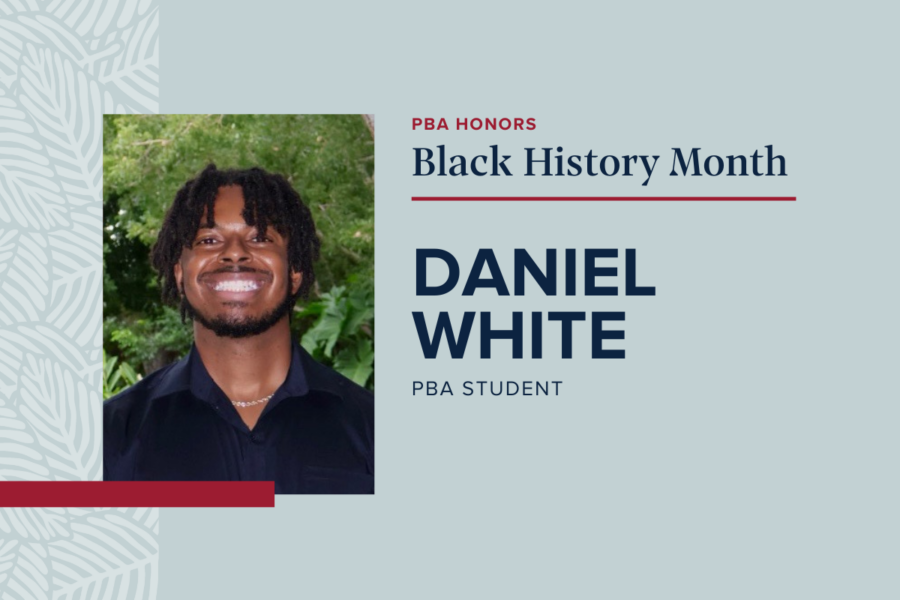

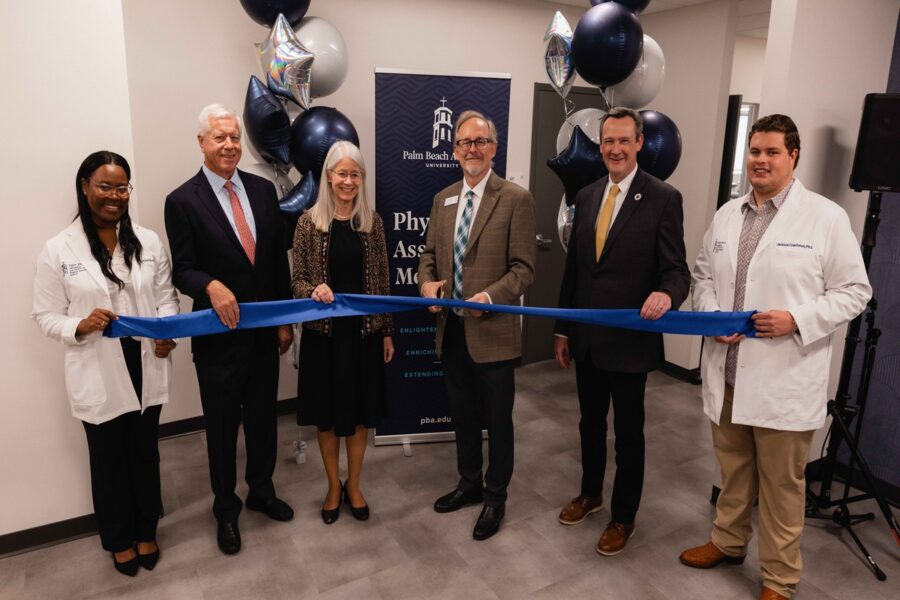
February 12 2026
Physician Associate Students Share Program Progress at Palm Beach Atlantic University
PBA News

